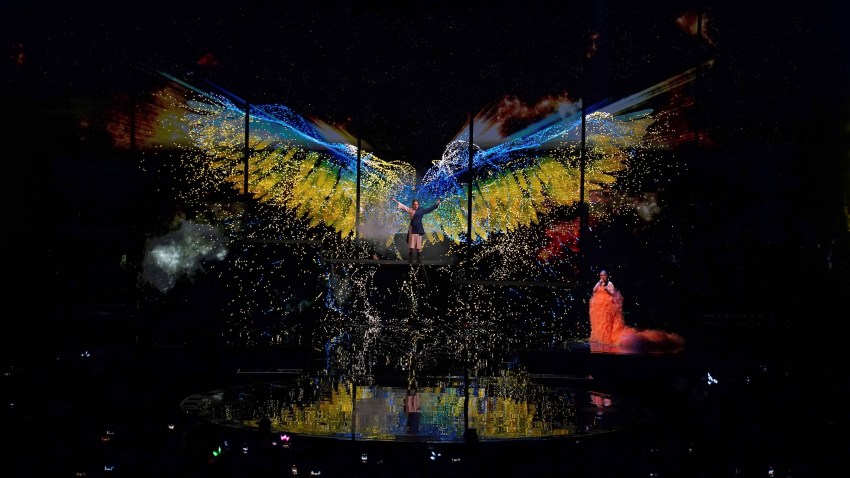Europe’s eyes are focused on Liverpool in the U.K. this week, as the city hosts the 67th annual Eurovision Song Contest. It’s the most-watched annual live television event in the world, attracting more viewers each year than the Superbowl, the Oscars and the Grammys combined. And it’s an opportunity for Britain to show a more welcoming attitude to the rest of Europe than it has over the past seven years, adding to the goodwill effect of King Charles III’s coronation, which attracted interest across continent and around the world.
For the uninitiated, the song contest works like this: Each country selects an artist to represent it by performing an original song at the contest, and the public and national juries made up of music industry professionals from each country choose the winner. The favorites this year are Sweden, Finland and France. A victory by the latter would be a bit like the U.S. men’s soccer team winning the FIFA World Cup, given France’s historically half-hearted participation in the contest; ratings there are among the lowest each year by proportion of the population, as opposed to the U.K where Eurovision is immensely popular.
Eurovision is always hosted by the country that won the previous year’s contest. But the U.K. didn’t win last year; it came in second. The top honor went to Ukraine for its song Stefania, performed by the Kalush Orchestra. Last year’s contest came just weeks after Russia’s invasion, and the assumption was that the public vote would give Ukraine an overwhelming victory, which it did. The other assumption was that Ukraine wouldn’t be able to host this year’s event because of the war’s impact, which also ended up being the case.

